A prolonged stay in China among its interesting people and fascinating culture would be incomplete without choosing a Chinese name.
It is a mark of respect for your host country, your peers and colleagues to assume a Chinese name. It expresses your desire to assimilate into the Chinese way of life and have an authentic Chinese experience.
This is a practice not only common in China, but in Africa as well. Your name is important in Chinese culture because it relays something about you before people even meet you. That’s why you should be selective when you choose a Chinese name.
On a practical note, you’ll need to get a Chinese name for your student or work visa. And you need a Chinese name if you want to get a driver’s license.
Before you choose a Chinese name for your stay in China, let’s look at how Chinese names work, and what important things you need to factor:
What goes into a Chinese name?
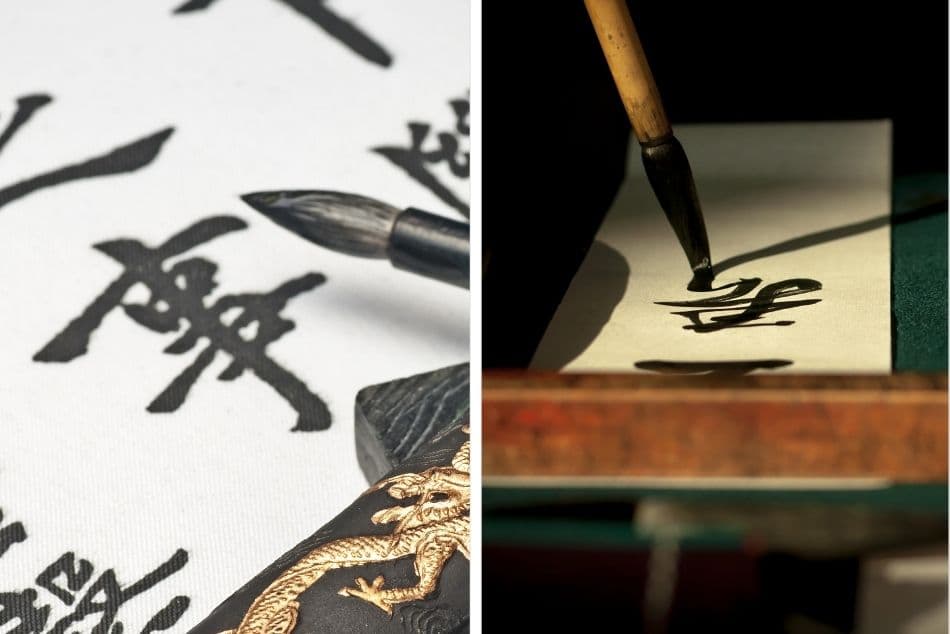
Compared to Western naming practices, Chinese names are presented in the reverse order. The family name (or surname) comes first, followed by the given or chosen name. This “first name” is usually 1-3 syllables long. There is no middle name as the concept of giving a middle name is not a part of the Chinese naming practice. In summary, Chinese names are 2-4 “words” long with the surname in front of the given name.
Chinese surnames
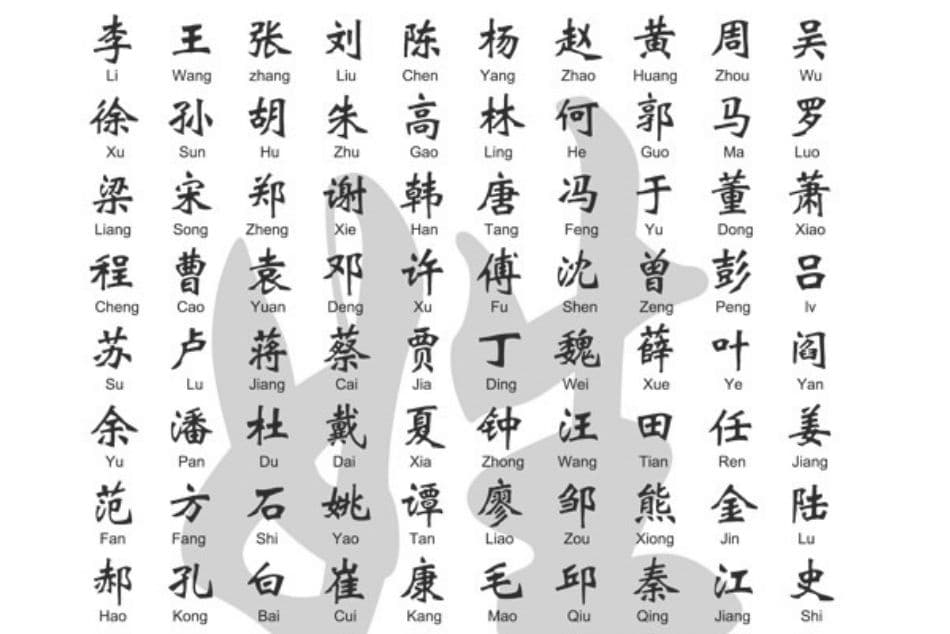
The most common Chinese surnames, making up roughly 20% of the population, are Wáng (王), Lǐ (李) and Zhāng (张/張). Other popular names include: Liú (刘/劉), Chén (陈/陳), Yáng (杨/楊), Huáng (黃), Zhào (趙), Wú (吳) and Zhōu (周).
Each Chinese surname has its own Chinese alphabet character. Unlike the tradition in Western culture of the woman assuming the man’s surname, Chinese women do not take their husband’s name when they marry.
The law stipulates that a child may use either parent’s surname, though the children take the father’s surname in most cases. In some rare cases, a child’s surname will be a combination of both parents’ surnames.
How do Chinese parents assign the given names of their children?
Boy’s name vs girl’s name

Boys are given names denoting strong characteristics. Girls are given names denoting beauty and grace. A name may refer to where and when the baby was born. It may also reflect good wishes for the baby’s future. Many Chinese names can be used for either a girl or a boy. But there are some that are reserved for boys or girls only.
Incorporate an aspect of the Chinese zodiac
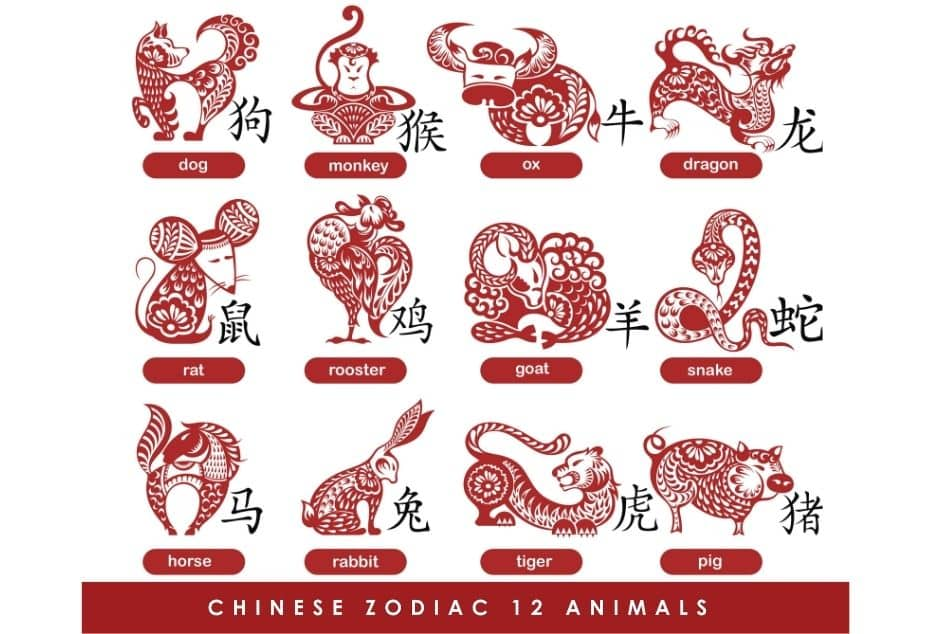
Parents may also choose to incorporate an aspect of the Chinese zodiac in their baby’s name. This is a set of animal signs that follow a 12-year lunar cycle. They are the rat, ox, tiger, rabbit, dragon, snake, horse, goat, monkey, rooster, dog and pig.
If it is the Year of the Monkey, all the babies born in that year will be given the zodiac sign of the monkey. There are names that are considered lucky for each of the zodiac signs. Parents may make their name choice using this as a factor.
Do not name children after a relative or a celebrity

Chinese people will seldom name children after a relative, and it is not to their liking to adopt celebrity names or names of historical figures. It is more common in Western culture to do that.
In certain Western cultures, it is compulsory to give babies the names of forefathers. There are also generational naming practices in Chinese culture. For example, the first character of male heirs’ names may be carried from one generation to another. However, the second character will distinguish them from other relatives.
Name pronunciation

Chinese parents avoid giving their babies names that are hard to pronounce or so rare that many may be unfamiliar with them.
They do not wish to have their children correct the pronunciation of others. They also do not want their children having to explain the meaning of their names repeatedly.
Milk names for Chinese children
Like in African traditions, the child’s formal name requires serious consideration and consultation with the entire family – especially the grandparents.
This differs greatly from Western practices of naming a child. It is also common for Chinese parents to give their child a milk name, which is assigned before figuring out their official names.
This name may continue to be used affectionately throughout the child’s life. Some people believe that an unflattering milk name will ward off evil spirits or demons who wish the child harm.
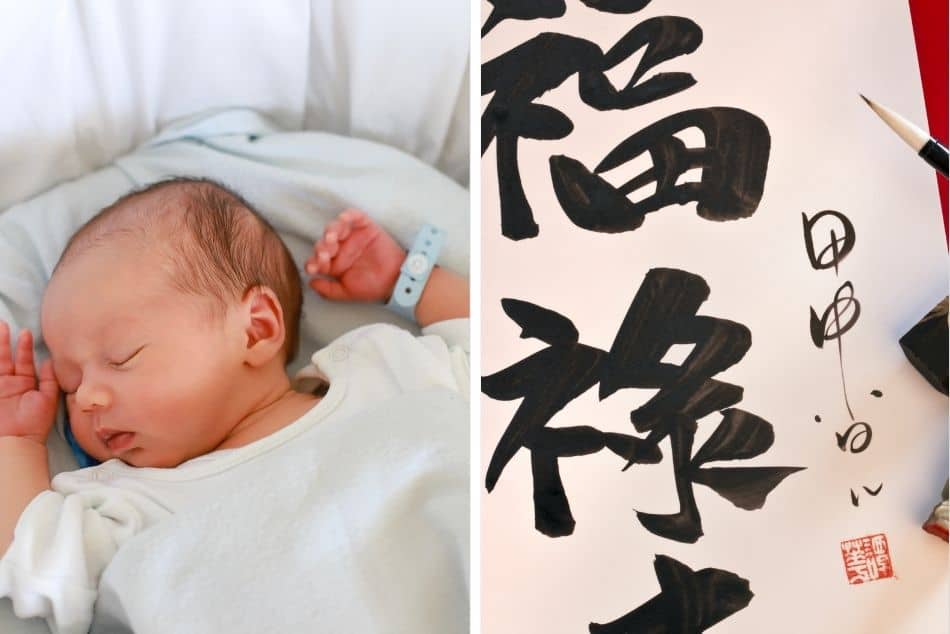
How Chinese names work when words, syllables or characters are combined
When two words are combined to form a name in Chinese culture, the meaning of the combined words will be distinct from the original definition of each word. The two words combine to create a unique definition for the child.
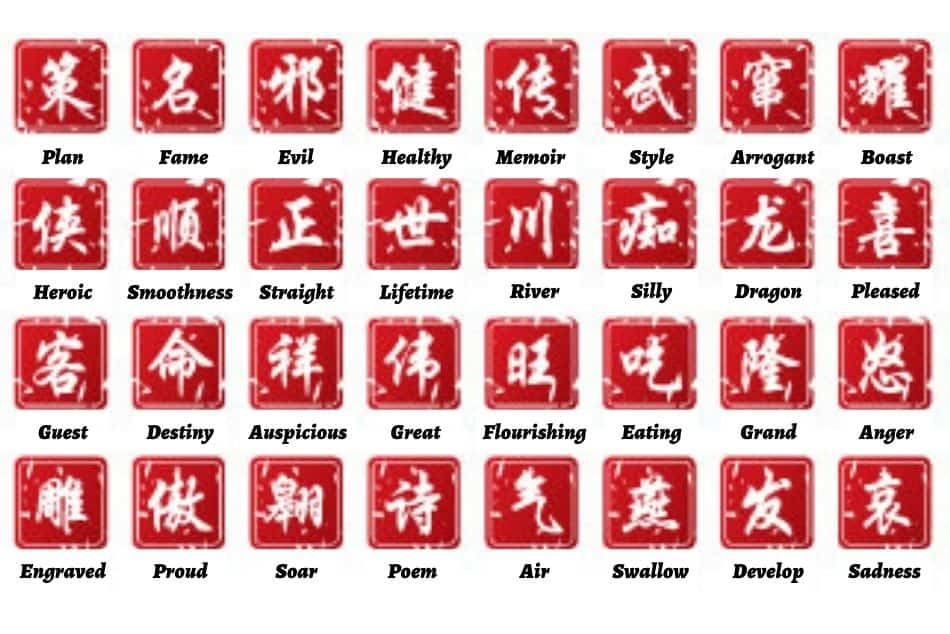
For example, Mò can mean silence (默) or nothing (莫), and Chóu can mean hatred (仇) or worries (愁). However, if a child is named Mò chóu (莫愁) the name means free of sadness. Fēi can mean to fly(飞/飛) or graceful (菲). Hóng can mean great/bean goose (鸿) or rainbow (虹). However, Fēi hóng (飞鸿 / 飛鴻) means a taiga bean goose soaring high in the sky.
Yìng can mean projection (映) or hard (硬). Yuè refers to the moon (月) or happiness (悦) or a rare pearl (玥). The name Yìng Yuè (映月) means the reflection of the moon.
How to Choose a Chinese Name: 8 important things to know
When it comes to choosing a name, it is always stressful to choose one that bestows a good meaning or likens the bearer to a great person or an event.
This pressure is global and presents even more pressure when trying to pick a name that is not in your local dialect or is uncommon.
If you do not have mastery of the Chinese language, you are probably going to get confused and feel overwhelmed about choosing a Chinese name.
So, we will be discussing points to take note of and elaborating on crucial things to not overlook when choosing Chinese names.
1. Do not rely on translation tools

Many people have Chinese characters tattooed on their bodies. They have one understanding of the meaning of the character based on what a translation tool told them.
However, when a Chinese person sees and reads the character, the meaning may be completely different. This is often accompanied by funny or embarrassing consequences.
Think of choosing a Chinese name in the same way. If you rely exclusively on a translation tool, you may wind up with a Chinese name that could make you the butt of many jokes.
A translation tool may give you a name that has 5 characters. This is all but unheard of in Chinese custom. 2 or 3 characters are the norm, with 4 being rare, and 5 the exception. You don’t want to draw attention to yourself as ostentatious or defying tradition by using a name that is too long.
2. Phonetic similarities

This is an alarming sin. With all due respect to the Chinese and Westerners both, each are guilty of this sin.
Picking a name just because it sounds similar to another name is nothing short of hilarious, forgetting that even in the English language “Fore” and “For” and “Bare” and “Bear” can never be interchanged even though they sound the same; that is because they have different meanings to each other.
It is true that adopting a name that is more common in an area you move to can help you adjust more easily, especially when your name is hard to pronounce or when it has a different meaning to the locals.
There are many scenarios that might lead to the adoption of a Chinese name. And we have emphasized already, it is not advisable to choose a Chinese name based on its phonetic sound alone. Unless, of course, you have done your research and it so happens that the meaning does make sense.
For example, a female by the name ‘Kim or Kimberly’ can adopt the name “Jīn” (金), which is a Chinese name for ‘Gold’, ‘Kate’ can adopt the name “kǎi tè” (凯特 / 凱特), which means ‘victorious and special’. Or a person by the name ‘Tobi’ could adopt the name “tuō bì” (托毕 / 托畢) which in Chinese means ‘supportive and complete’.
3. Pronunciation of your Chinese name’s characters
Hard as this may be to believe, not everyone is aware of the complexity of the Chinese language and their characters, nor are a lot of people aware of the fact that there are two forms of written Chinese: the traditional form and the simplified form.
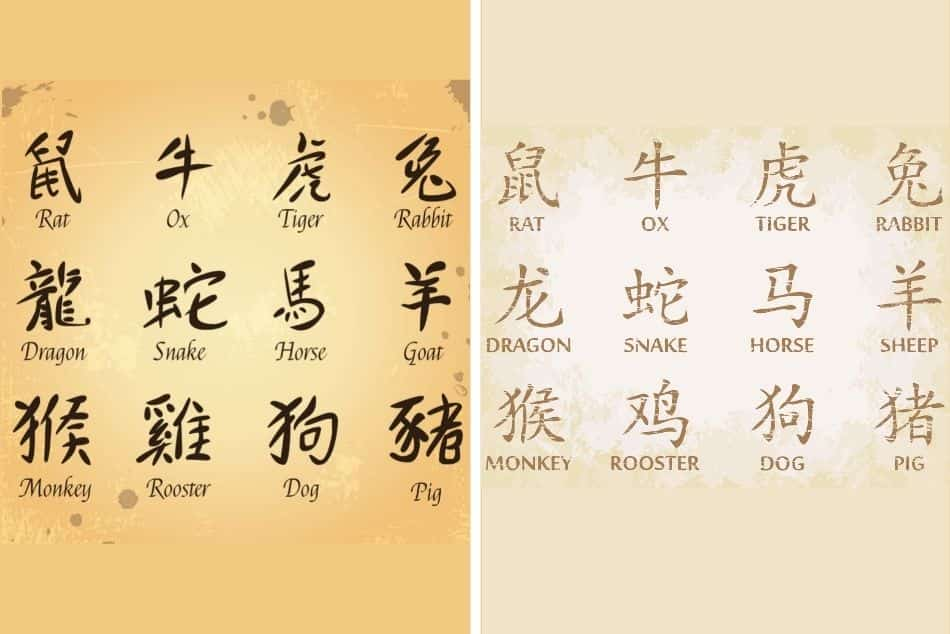
The simplified form is primarily used in Mainland China while the traditional form is mainly used in Hong Kong and Taiwan.
Chinese characters are not letters, they are not written as alphabetical characters that represent different sounds. The Chinese characters have meanings; they encompass a body of ideas, unlike versions of the Latin alphabet, which have only letters with no specific meaning.
However, when picking Chinese names, it is for your own benefit and that of others to go for names that locals can easily understand.

A simple Chinese name would be one that is easy to spell, common to see, and easy to write and pronounce even by people who are not fluent in the Chinese language.
Make sure that your Chinese name is one you can pronounce. The last thing you want is to be stumbling over your own name whenever you introduce yourself!
Online tools will help you master the pronunciation, but a friend who is a native speaker can help you get it 100% right.
Avoid choosing a Chinese name without meaning
Don’t take the concept of your Chinese name lightly. It is a serious matter. You want a good, meaningful Chinese name that says something about you.
Unlike some English names such as ‘Woody’ or ‘Rusty’, Chinese names are all about meaning; they carry a lot of depth and are usually symbolic. For example, if your Chinese name refers to the ocean, it implies the characteristics of the ocean. These include depth and a constant presence. Your pick for Chinese names should have a significant connotation, should be explainable and should make sense.
If you run out of ideas for a name, you can choose to pick a Chinese name that mirrors or amplifies your personality or the kind of beliefs you have. If you are a thoughtful person for instance, you can pick the Chinese word that expresses your thoughtfulness.

The surname you select should, where possible, bear some similarity to your own surname. This is where a native speaker can be very helpful in ensuring you make the right choice.
Don’t be cajoled into a name that’s facetious or humiliating. That name will follow you around for your entire stay in China, and you don’t want to be a laughing stock.
In addition to understanding the literal meaning, analyze the figurative meaning. Make sure it speaks to who you are and who you want to be.
Avoid wrongly combined initials when you choose a Chinese name
Frequently, as with all names, you might find yourself having to write down your initials or name abbreviations. Since you already have a name and would be adding a Chinese name, try to picture what your initials would be.
For instance, if your names already start with the letters “B” and “A”, you do not want a Chinese name that starts with the letter “D”, or else you end up with the initials “BAD”, which does not really speak well.

Although you may not always have to use all three names or any initials all the time, it is just a lot safer to work out the initials in your mind first and be sure it is an abbreviation you are comfortable with.
Avoid choosing a celebrity, historical person or a fictional character’s name
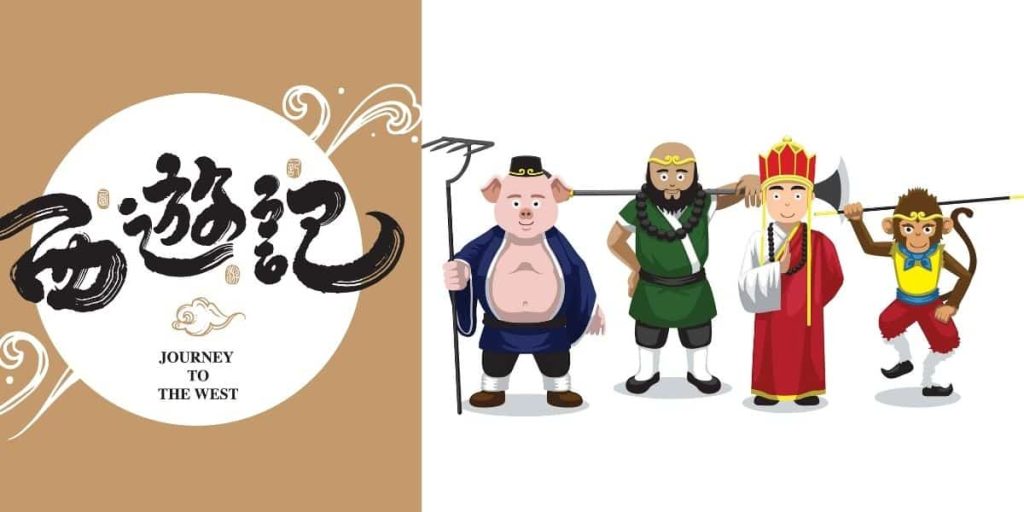
Do not under any circumstances name yourself after a historical figure or celebrity. This is not accepted in Chinese culture, and is frowned upon and considered inappropriate.
Pick a gender-appropriate name

Be reminded that some Chinese names are applicable to males and females, while others may be male or female-specific. Make sure to double check that your name is gender-appropriate.
Get help from a native Chinese speaker
When you come from a different place or speak a completely different language to the one whose names you are trying to adopt, research alone won’t cut it.
Sure enough, there is the internet to help you discover some things, but even the internet may not give you the entire meaning and symbolism behind the name you are considering.
As an easier and more reliable option, find the time to seek out a Chinese indigene and ask all the questions you want.

Taking this simple yet crucial step will help you overcome a whole lot of stress and hassle in no time.
If you are not sure of the exact questions to ask, use these as a guide:
- Ask the Chinese speaker what they think of the name
- Ask what the name means to them
- Find out the proper way to spell your chosen name
- Find out the correct pronunciation of the name
- Also, ask if there are any other generational truths or legendary beliefs about the name
Just as a native speaker can help you master the pronunciation of your Chinese name, he/she can help you choose a Chinese name. Chinese names that are assigned to visitors generally have something to do with their character.
Let someone who knows you well choose a name for you. It’s a great honor. Your Chinese name will mean more to you when it comes from someone who matters to you.

They can explain the meaning to you so that you fully understand it. Take the meaning on board as a reflection of who you are.
How to put your Chinese name into practice
It’s important that when you get a Chinese name, you know what characters it comprises and how to write them. You should also know how to access them on a computer keyboard as you’ll frequently need to type them if you stay in China for work or study.

In Chinese culture, your surname appears first followed by your given or first name. Make a conscious effort to remember this, or you’ll have all your Chinese friends and colleagues confused.
Practice using your Chinese name alone, using it often, maybe getting your friends to start using it before you travel. You don’t want to ignore someone who is calling you by your Chinese name because you’re not used to it. You would be labeled as a disrespectful person.
Conclusion
When you come from a Western culture, coming to China can be overwhelming. So much is done differently in China. The language, customs, culture, food and people are different.
One of the first things you can do to show your willingness to integrate is to get a Chinese name. It doesn’t mean you’ll wake up the next morning fully able to adapt to your new environment. But it does mean that people will be more accepting and tolerant of you as you learn to adapt to their society and culture.

Most of the time, Westerners choose Chinese names that phonetically sound like their own surname. Although this may be generally acceptable, it will most likely have no specific meaning or even worse, the names could be symbolic to something dreadful in China.
When you get a Chinese name, it can be symbolic of a fresh start. You’re not obligated to get a direct translation of your name. It can be something completely unrelated to your own given name. Embrace the opportunity and make the most of it. Even if you leave China, the name you used there will forever be a part of who you are.
Having gone through this article, you should now be equipped with the right steps to follow to help you choose a Chinese name that makes a lot of sense, fits perfectly and sounds just right.

Derek4262
Wednesday 9th of July 2025
Join our affiliate program and start earning commissions today—sign up now! https://shorturl.fm/u56z2
binance Registrierung
Wednesday 2nd of July 2025
Can you be more specific about the content of your article? After reading it, I still have some doubts. Hope you can help me.
Zarejestruj sie, aby otrzyma'c 100 USDT
Sunday 29th of June 2025
Can you be more specific about the content of your article? After reading it, I still have some doubts. Hope you can help me.
Бонус при регистрации на binance
Sunday 15th of June 2025
Thanks for sharing. I read many of your blog posts, cool, your blog is very good.
Registrarse
Tuesday 10th of June 2025
I don't think the title of your article matches the content lol. Just kidding, mainly because I had some doubts after reading the article.